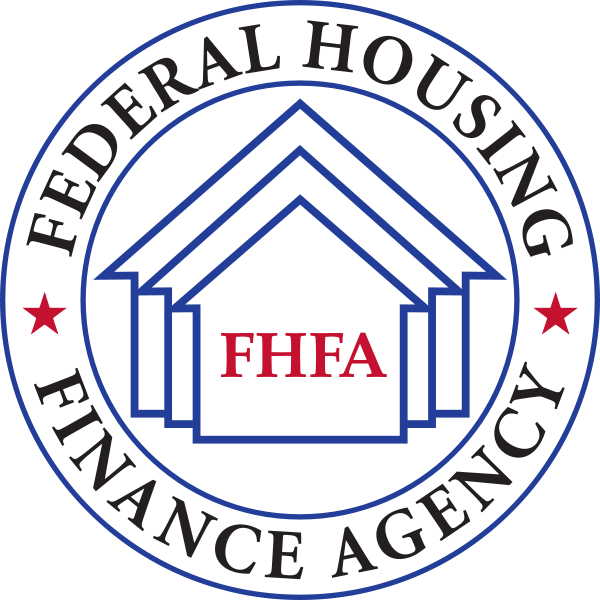Advertisement
FHFA Seeks Input on Potential MI Changes for GSEs

The Federal Housing Finance Agency (FHFA) is seeking input on draft requirements that would apply to private mortgage insurance (MI) companies that insure mortgage loans owned or guaranteed by Fannie Mae and Freddie Mac. These requirements would apply only to private mortgage insurers that are currently approved to do business with Fannie Mae or Freddie Mac and those seeking approval in the future.
"Mortgage insurance counterparties must be able to fulfill their intended role of providing private capital, even in adverse market conditions," said FHFA Director Mel Watt. "FHFA's Strategic Plan calls on Fannie Mae and Freddie Mac to strengthen the requirements for private mortgage insurance companies that do business with them in order to reduce Fannie Mae's and Freddie Mac's overall risk exposure and protect taxpayers."
Fannie Mae and Freddie Mac are required by their charters to obtain an acceptable form of credit enhancement, such as private mortgage insurance, for loans they purchase or securitize that have loan-to-value ratios that exceed 80 percent. Pursuant to this obligation, each Enterprise has maintained eligibility requirements for approved mortgage insurers for many years. Private mortgage insurance from a sound counterparty helps reduce the credit risk exposure to Fannie Mae and Freddie Mac and shifts the first-loss exposure from taxpayers to the private market.
“MBA appreciates FHFA’s effort to provide the market more confidence and transparency surrounding private mortgage insurers," said David H. Stevens, President and CEO of the Mortgage Bankers Association (MBA). "The proposed eligibility requirements are comprehensive and we will be conducting a detailed review of the standards to ensure they properly balance the need for strong capital, while preserving the ability of the industry to cost-effectively serve first-time buyers and working families. In particular, we want to make sure that stronger capital standards for mortgage insurers are reflected in the FHFA’s and GSEs’ risk models through lower guarantee fees and loan level price adjustments so that consumers are not paying redundant fees for their coverage. A sound capital framework for the mortgage insurance industry also lays the foundation for bringing more private capital into the market through deeper risk sharing initiatives that MBA has proposed previously to the FHFA and the GSEs.”
As Conservator, FHFA has directed Fannie Mae and Freddie Mac to revise, expand and align their risk management requirements for mortgage insurance counterparties. The draft Private Mortgage Insurer Eligibility Requirements reflect a multi-year effort to produce a clear and comprehensive set of standards. The updated financial requirements incorporate a new, risk-based framework that ensures that approved insurers have a sufficient level of liquid assets from which to pay claims. The draft requirements also include enhanced operational performance expectations and define remedial actions that would apply should an approved insurer fail to comply with the revised requirements. FHFA, Fannie Mae and Freddie Mac have consulted with state insurance commissioners and private mortgage insurers that are currently approved to do business with Fannie Mae or Freddie Mac regarding the draft requirements.
"National MI believes that the proposed eligibility requirements for private mortgage insurers will go a long way to help restore confidence in an industry affected by the recent housing crisis,” said National MI Chief Executive Officer Bradley Shuster. “A strong and financially sustainable private mortgage insurance industry is a key component of a healthy residential mortgage market.”
About the author





